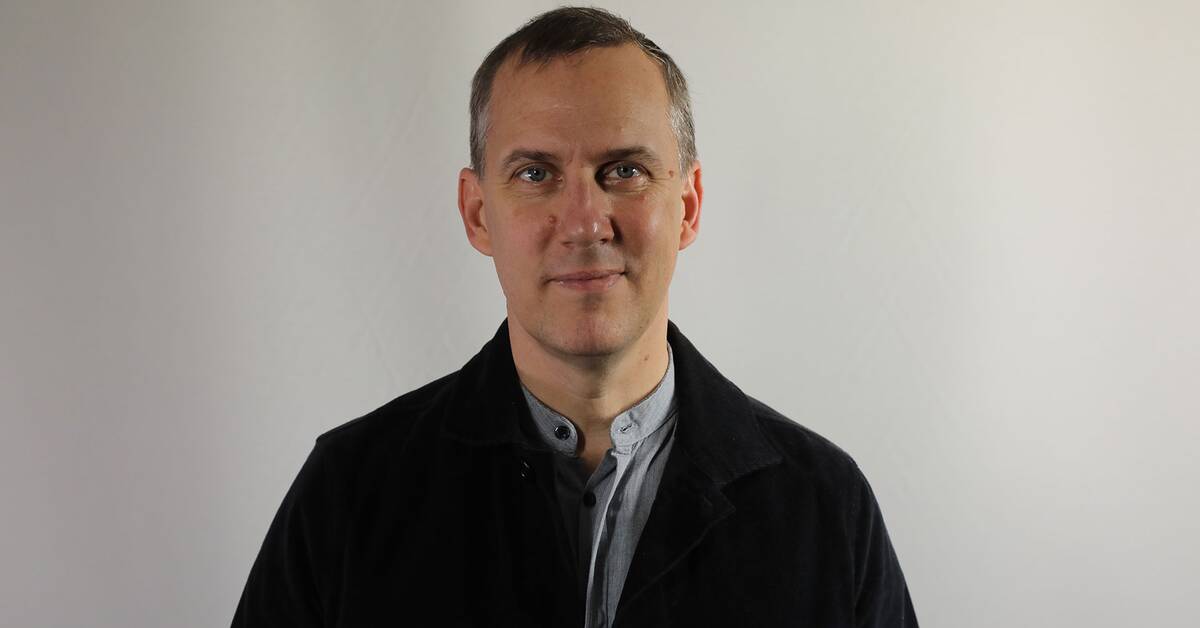Can we celebrate with beef tenderloin in the future too?
Yes, probably, but it will be even more expensive than today.
According to the UN's International Fund for Agricultural Development IFAD, it can be climate smart to raise grazing animals on land where only grass can grow.
But the animal manure must then be used on the fields in a cycle.
80 kilos of meat per Swede
If cows receive a tropical algae mixed in their feed, research shows that their climate-damaging belching of methane is also reduced by 90 percent.
If Sweden is to reach the climate goals by the year 2045 with a stop to emissions, it will require us to eat differently.
Meat consumption will probably have to be halved, also for the sake of health.
Today, total consumption is 80 kilos per inhabitant.
Protein from insects and algae
So the meat on the plates in 2050 will have to be replaced with more vegetarian proteins – and with insects.
Either dung beetles, which are dug up from cows' hooves, or produced indoors in efficient insect factories and ground into powder.
It takes much less space, feed and water to produce insect protein than meat from cows, sheep, pigs or chicken.
The sea can become the new field
We cannot fish harder than today.
The sea can instead provide space for large-scale cultivation of algae, both as a source of protein in food and as fodder.
Another possibility is fish farming on land in tanks where the fish's excrement becomes nutrition for vegetables that grow next to it in water baths (hydroponic farming).
The disadvantage is that plant lighting consumes a lot of energy.
Old crops return
It is not sustainable that half of all our calories globally come from wheat, corn and rice.
Harvests risk being wiped out when the climate changes and few varieties are used.
Old cultivated grains (country wheat, sweder rye, etc.) which are more resistant, but give a slightly lower yield, will become more common in bread.
Susceptible to influencing food choices
Introducing a tax on climate-damaging foods is opposed by most parties in the Riksdag, which was also shown in the climate hearing SVT broadcast in the fall of 2021. The solution from the politicians was then to favor Swedish agriculture more so that we eat less imported meat, but not less meat overall.
At the same time, the Boston Consulting Group states that what has the greatest climate effect is investments in getting people to eat more vegetarian proteins.
It gives a much greater effect per tax kroner than today's Swedish investments in climate-friendly steel, green cement and electric cars.
Hurry in the store
What speaks against this vision of the future is that today's large-scale industrial monoculture agriculture provides cheap food.
In order to reach the climate goals, strong popular pressure on politicians is required.
In addition, one must be prepared to pay more for the food and willing to try foods that feel unfamiliar (disgusting).
That it should happen on a broad front because many want to save the climate, biological diversity and animal welfare is asking a lot from consumers who are in a hurry to buy dinner food and are driven by advertising and extra prices.
The health arguments probably have the greatest chance.
Too much red meat and charcuterie and too little vegetables shortens life.
Those who live will see what is on the New Year's plate in 2050.

